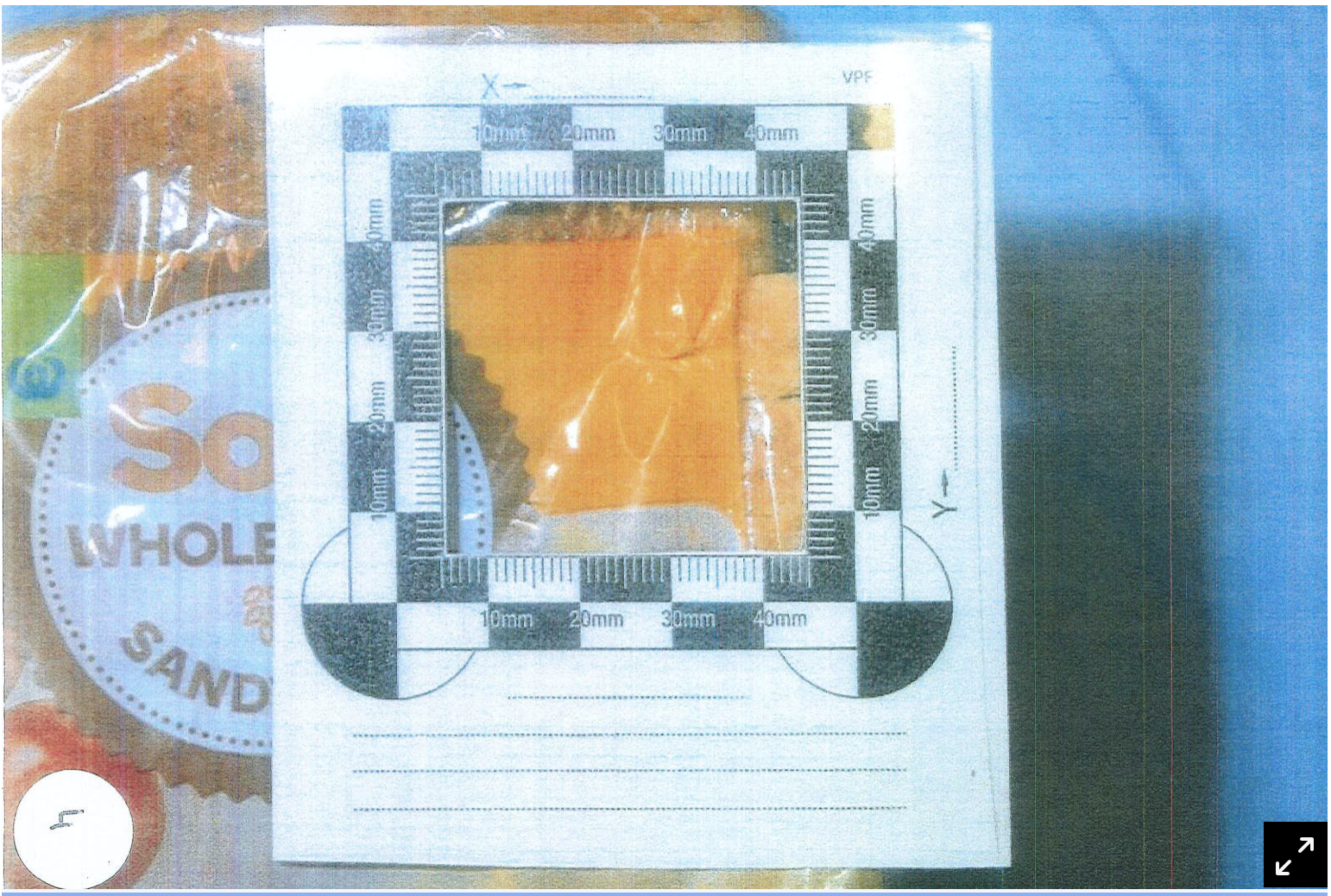Share This Article
Sahar Adatia and Jimmy Singh.
Why someone would want to sabotage food supplies, let alone at a time when people and businesses alike are doing it tough against the current coronavirus pandemic, is rather puzzling.
But not for Craigieburn man, Fue Yang, who last week was caught allegedly inserting a needle contaminated with blood into a loaf of bread that sat on shelf at a Woolworths supermarket in Melbourne’s outer-north.
According to court documents, at around 4pm on 6 October 2020, Mr Yang attempted to walk into the Roxburgh Park supermarket but failed to get any further after a security guard witnessed him with numerous blood-covered needles in his hand, along with a tissue that was also stained with blood.
Mr Yang was refused entry by the security guard and simply walked away.
Nevertheless, within five minutes, the 33-year-old man returned to the store trying his luck, still armed with the needles and blood-stained tissue.
This time, the guard requested Mr Yang to dispose of the needles before entering the supermarket, but he did not comply.
Mr Yang made one last attempt to enter the store, this time tactfully aligning with the security guard who left for his break.
At about 4:30pm, when the guard had gone, the man finally entered the store and strolled down an aisle gripping onto a needle.
“What Do You Think You Are Doing?” Witness Observes Mr Yang Licking Needle and Opening Loaf of Bread
According to reports from police, once in the bread aisle, Mr Yang picked a loaf of bread and opened it up.
It is alleged the man then licked the end of the needle and placed it back in his right pocket before removing it from his pocket once more and shoving the needle, described as a “soiled hypodermic needle”, into the loaf.
Unbeknownst to him, a witness was observing Mr Yang as he contaminated the food.
He asked the man, “What do you think you are doing?”
Caught out, Mr Yang was merely able to murmur, “Sorry”, before running away.
He left the supermarket before authorities could arrive.
The following morning, Hume Crime Investigation Unit detectives raided Mr Yang’s home in Craigieburn where he was arrested.
After interviews with police, the man was charged with contaminating goods by inserting a soiled hypodermic needle into multiple food items.
Court Hears Mr Yang on Several Medications, Including Anti-Depressants
On 7 October, Mr Yang faced court over the matter, during which his lawyer, Matthew White, informed his client was on several medications, including anti-depressants.
Mr White also said he had been requested to see a nurse or doctor while in custody.
The matter was adjourned to November 13 and Mr Yang did not apply for bail.
Meanwhile, a spokesperson from the Woolworths store addressed the incident with Nine News, advising the contaminated bread along with all the remaining bread on the shelves was either thrown out or given to police as evidence.
“We removed all bread from the shelves last night,” the Woolworths spokesperson said.
“If customers have any concerns about bread purchased at the store yesterday, we would encourage them to return it to the store for a refund.”
What is “Food Terrorism”?
According to the World Health Organisation, “food terrorism” is defined as an act or threat of deliberate contamination of food for human consumption for the purpose of causing injury or death to civilian populations and/or disrupting social, economic or political stability.
Put simply, targeting food supply chains by poisoning them or contaminating them with the likes of needles can be considered a form of terrorism.
This is because any such act intentionally intimidates as a means to create terror among masses of people.
Indeed, as you’ll likely recall, in 2018, Australia faced an episode of this as strawberry growers across the nation were shaken with over 100 reports of fruit being contaminated with needles and other objects.
For months on end, the cases continued and the berry industry took a harsh hit.
Making matters worse, farmers feared hysteria brought about a series of copycat crimes.
This needle scare ultimately saw legislation around the issue being changed and ultimately leading to harsh penalties for contaminating food.
With aim of deterring offenders, the laws included increasing the jail time penalties for contaminating food.
In NSW, it is against the law and a crime to contaminate food with the intention to cause public alarm or economic loss.
Section 93K of the Crimes Act 1900 (NSW) prescribes up to 10-years in jail to anyone guilty of contaminating food if he/she at the time has the intention of causing either a public alarm or an economic loss.
Anyone who threatens to do this will also be guilty of section 93L with the same maximum penalty.
If any of the above two offences is committed by an individual in a situation resulting in death or grievous bodily harm (i.e. a really serious injury) to another person, the maximum penalty is 25-years in jail, under section 93O.
Click our link here for a more thorough outline on the law on food tampering or contamination in NSW.
To “contaminate” a good is to interfere with the good, or make it appear that the good has been contaminated or interfered with, which is defined in 93J of the Crimes Act 1900.
Examples of contaminating a good include poisoning food or inserting needles into such goods.
“Goods” refer to any substance or article, whether or not for human consumption, and whether natural or manufactured, and whether or not incorporated or mixed with other goods.
Have a question on this legal topic? call our criminal lawyers in Sydney to arrange a free consult today. We love to help.









